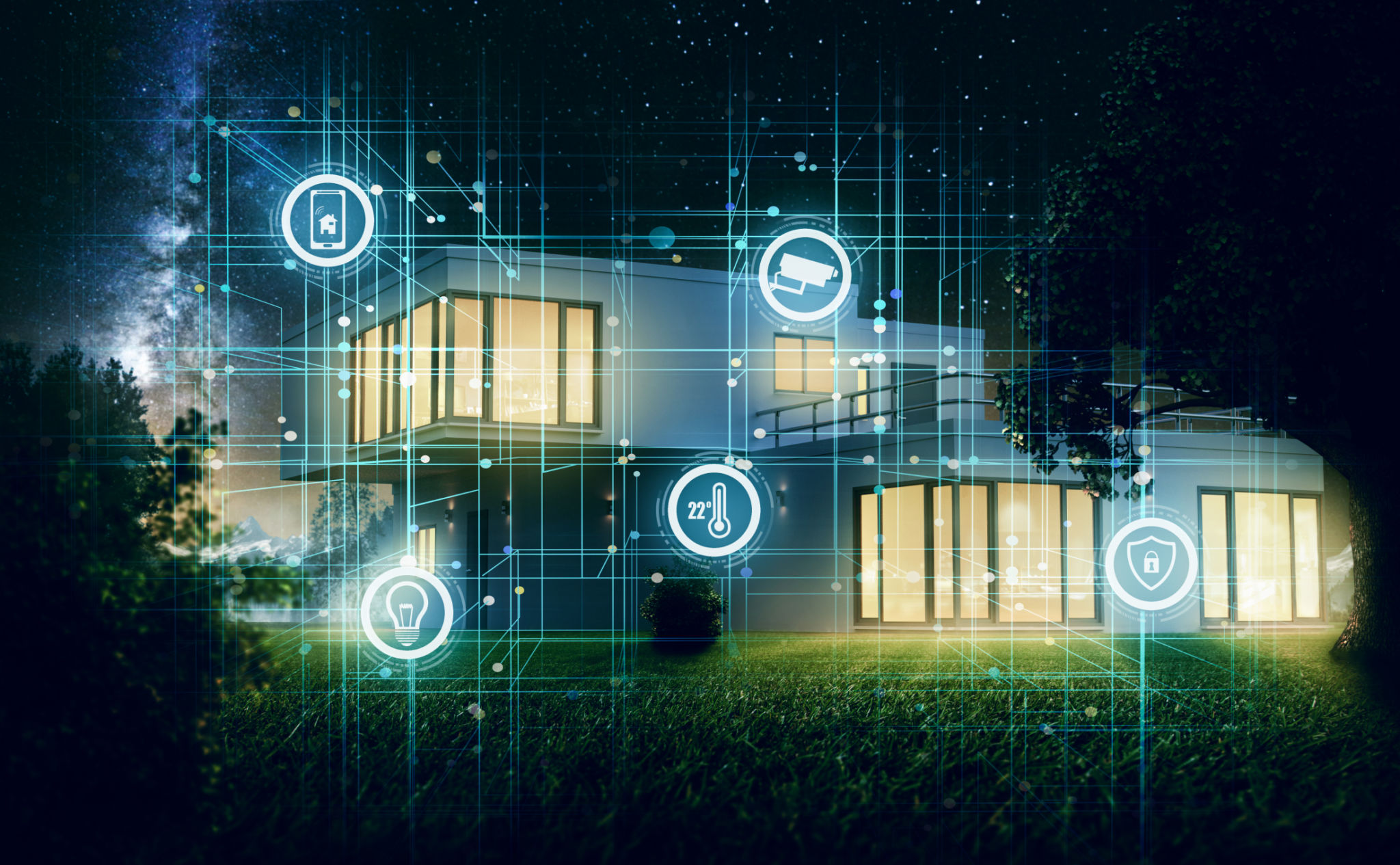Debunking Common Myths About Smart Home Automation
AD
Understanding Smart Home Automation
Smart home automation is a rapidly growing trend, promising convenience and efficiency for homeowners. However, as with any technological advancement, several myths and misconceptions can cloud understanding and hinder adoption. In this post, we aim to debunk some of the most common myths associated with smart home technology, helping you make informed decisions about integrating it into your lifestyle.

Myth 1: Smart Homes Are Only for the Tech-Savvy
One of the prevailing myths about smart home technology is that it's only suitable for those who are technologically inclined. While the initial setup might require some familiarity with technology, most smart home devices are designed to be user-friendly. Many products come with intuitive interfaces and easy-to-follow installation guides. Additionally, manufacturers offer extensive customer support to help users at every step.
Moreover, many smart home systems can be controlled via simple voice commands or dedicated apps on smartphones. This makes it easier for individuals, regardless of their technical expertise, to enjoy the benefits of home automation.
Myth 2: Smart Home Automation Is Expensive
Another widespread misconception is that setting up a smart home is prohibitively expensive. While it's true that some high-end systems can be costly, there are plenty of affordable options available in the market. Many smart devices can be purchased individually, allowing homeowners to gradually build their systems over time.

Moreover, smart home technology can lead to significant savings in the long run. For example, smart thermostats can optimize heating and cooling schedules, reducing energy bills. Similarly, smart lighting systems can lower electricity costs by ensuring lights are only on when needed.
Myth 3: Smart Homes Compromise Privacy
Concerns about privacy and security often deter people from adopting smart home technology. While it's important to be cautious about data privacy, modern smart home devices come equipped with robust security features. Manufacturers continually update firmware to address vulnerabilities and protect against potential threats.
Users should also take proactive steps to enhance security, such as using strong passwords and enabling two-factor authentication where possible. Being informed and vigilant can ensure that your smart home remains secure without compromising on convenience.

Myth 4: All Smart Devices Work Seamlessly Together
While many assume that all smart devices are inherently compatible, this isn't always the case. Different brands may use varying protocols, making it challenging for devices to communicate with each other. However, compatibility issues are becoming less common as manufacturers adopt standard protocols like Wi-Fi, Zigbee, and Z-Wave.
It's essential to research compatibility before purchasing devices. Opting for products from brands that support integration or using a universal hub can help streamline the process, ensuring a cohesive smart home experience.
The Future of Smart Home Automation
The world of smart home technology is continually evolving, with innovations making it more accessible and beneficial for everyone. By debunking these myths, we hope to encourage more people to explore the possibilities that smart home automation offers. Embracing this technology can lead to a more efficient, convenient, and sustainable lifestyle.